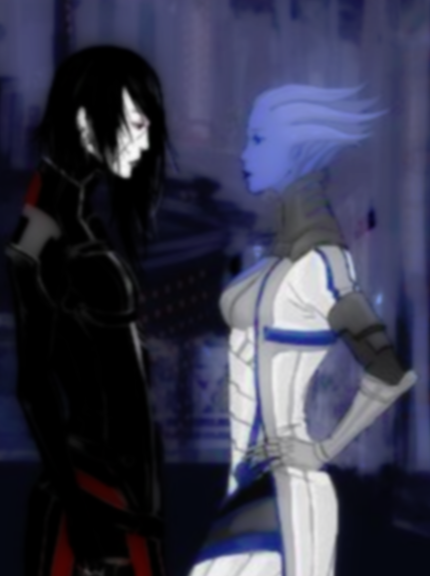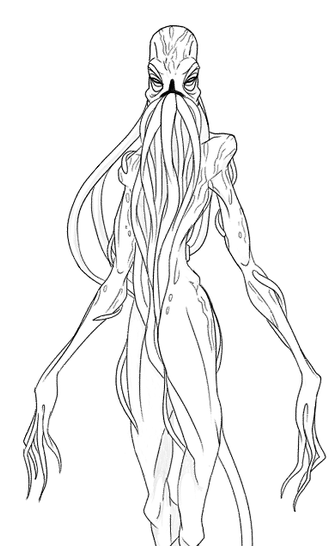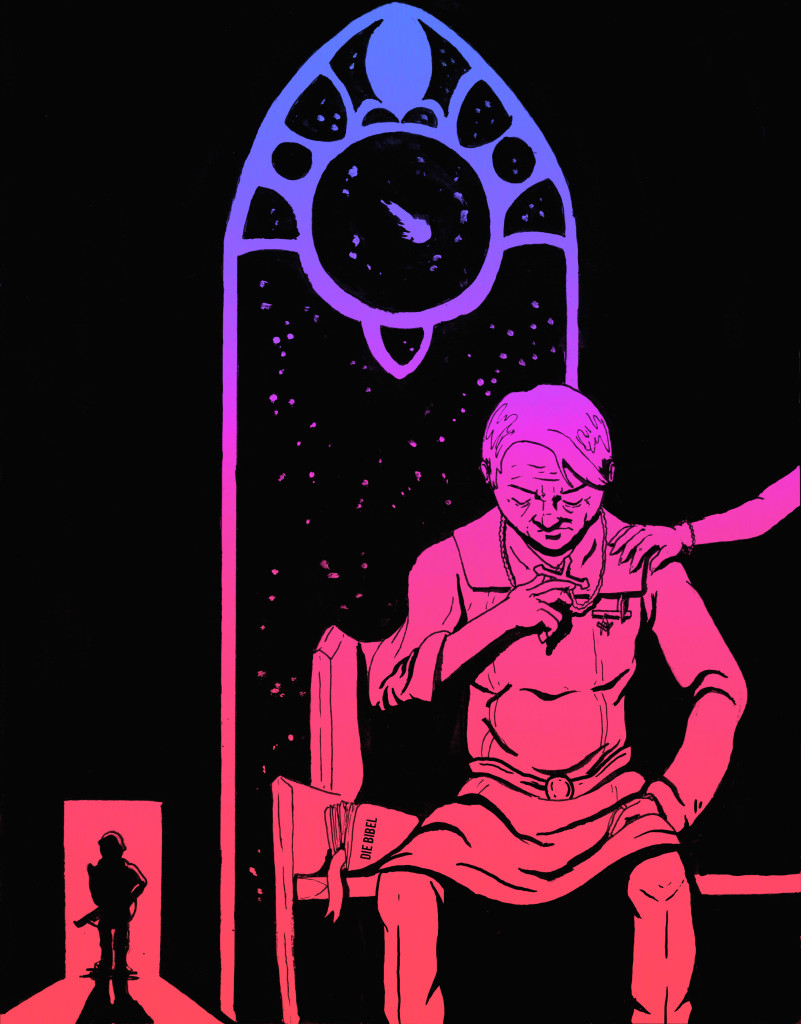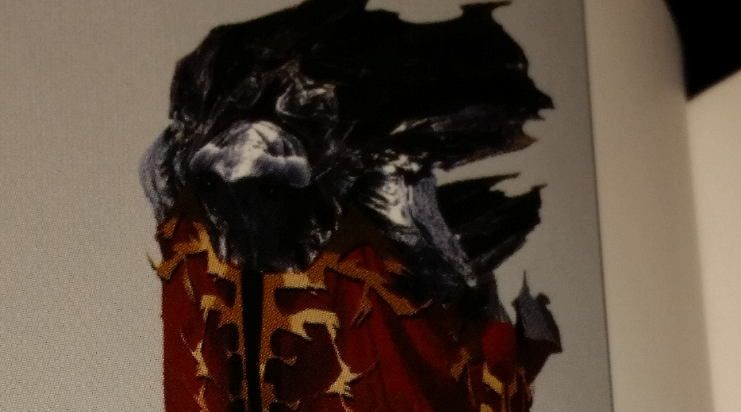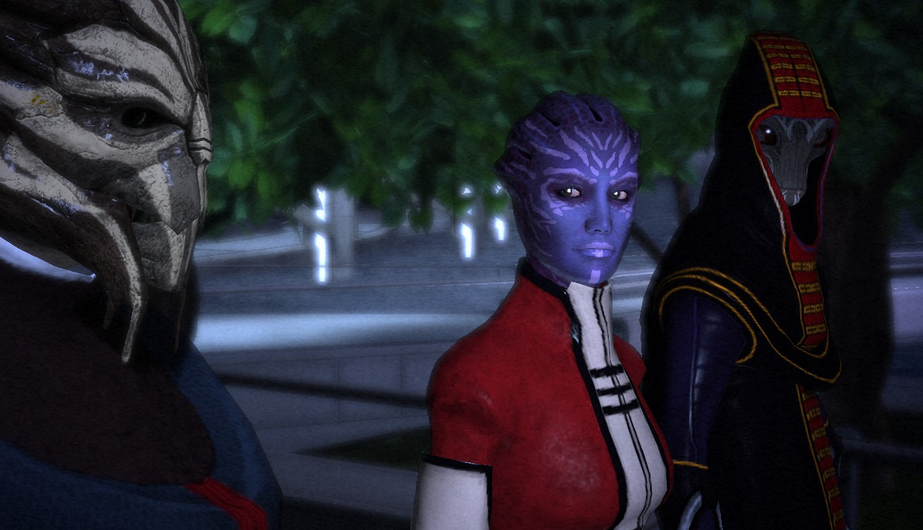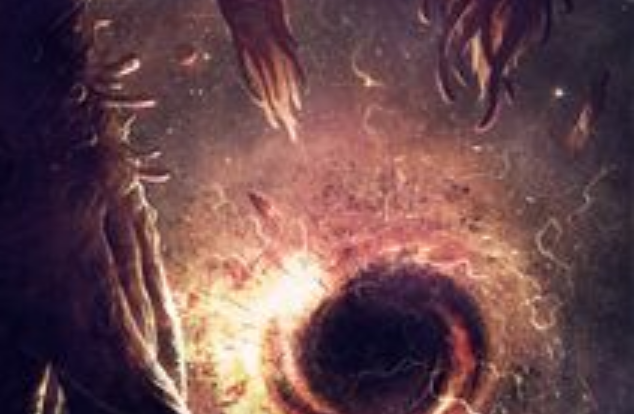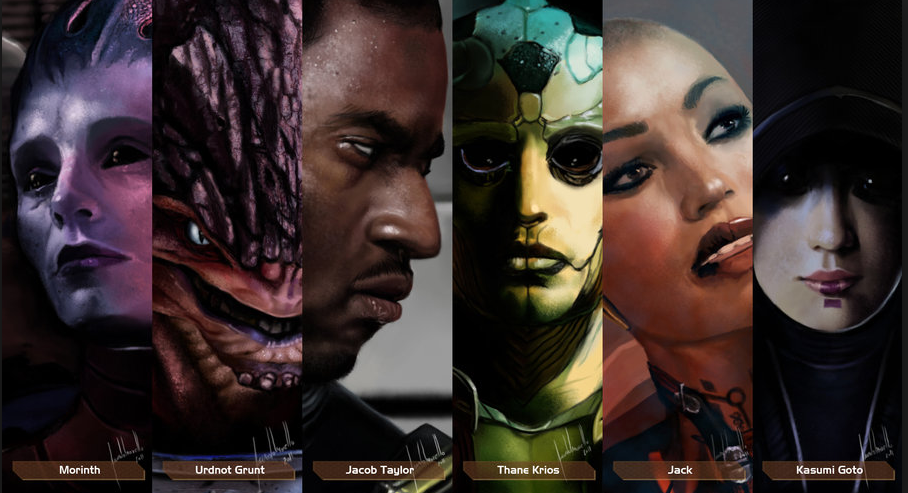It has been an interesting month, in the Chinese sense of the word.
Due to work events, I have not been as productive as I would like, but I have managed to overhaul the Patreon stuff and get some organizational work accomplished on things in the background.
The next TWCD chapter is mostly done — about 70% of it is with the Editing Gang, I just need to put the final few pieces together. The outline for the chapter after that is coming along…slowly.

I put out a Naruto chapter a few days ago due to insomnia, I will probably do more as I hit bits of writer’s block here and there. The first few entries for the PV WriteCon are coming in and I will set up a page to display those here very soon.
There’s also some new art that’s been completed, Uressa T’Shora is finally done:
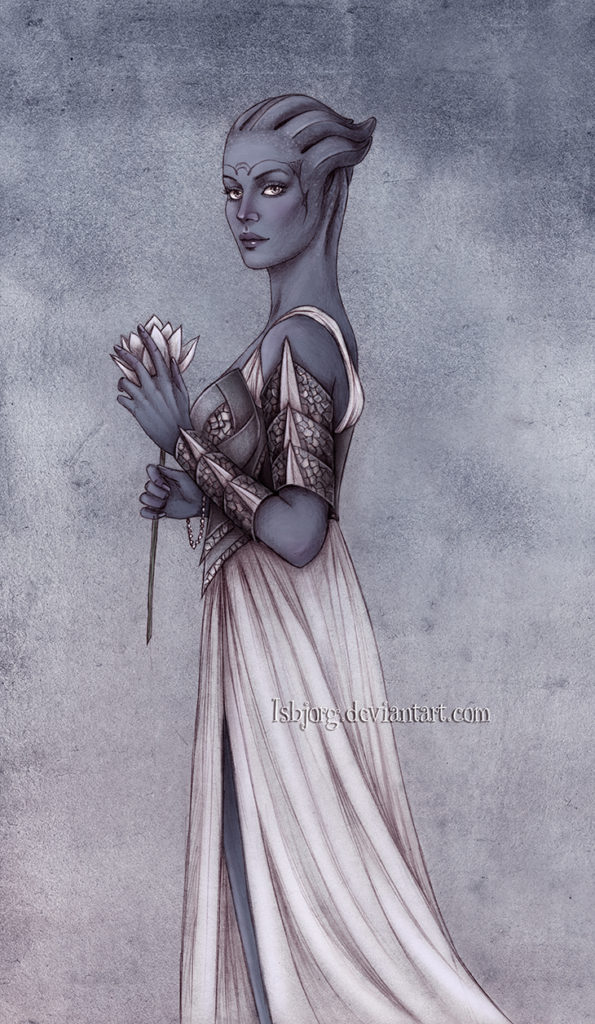
Work has not really improved. Things have become… messier in the real world. The issue with Coronavirus, protests, climate issues, and the rest of things feels disconnected from ‘life’ when you are basically super-isolating yourself from others. There are always challenges to overcome, but each one feels less and less like ‘accomplishment’ and more and more like an endurance time trial.
(Warning: Rant below)
That being said, I’d like to take a few moments to address a common theme I’ve been seeing and hearing in regards to all kinds of things; namely, intolerance to those who disagree. It’s an insidious poison, one that makes anything that doesn’t fit your filters just get ignored, and blinds many people to reality.
This is not limited to any one group. I have no ‘formal’ political affiliation that makes sense, given my views are mishmash of hard left, hard right, and draconian. But I always, always try to take the time to listen to people who disagree, or who have mindsets different than mine. And what I find is that most people I know are doing the opposite: refusing to listen to anything from anyone who is not in agreement with their own views… regardless of the validity of said views.
You see it everything now, from left to right wing, from various interest groups and blocs, from fans on shows to people discussing what should be hard science. We have now come to a point where facts, discourse and compromise are less important than irrelevant shit like ‘purity’, ‘wokeness’, ‘patriotism’, or whatever the fuck other whack-ass bullshit drives any particular brand of wonkery.
“Well that’s great, you senile old bitter bastard, what the fucking duck does that have to do with the fanfic stuff?” I’m glad you asked.
Ironically, my fic started as me venting negativity to get it out of my system, and now I realize I was actually not negative enough to match reality.
The Earth went to shit in the Days of Iron in my fic because people took a hard-line stance on everything and doubled down on Fuck You Syndrome. People wanted ‘strong leaders’ but no longer trusted government. Wars erupted not over real problems but over the egos of their nation’s leaders. Resources were ruined and destroyed rather than shared because by then people had convinced themselves that anything not from their nation was evil.
When I wrote that outline of the future, back in 2012, I was bitter and depressed at the death of my wife. I was upset because Barrack Obama was wasting political capital on projects I knew full well would not work out due to political infighting. I was somewhat negative on my views of the future.
But in my wildest, most fucked up nightmares induced by drinking Jack Daniels and eating cheese pizza after midnight, never did I imagine anything like what I set forth in a Series of Sorrows Unending would ever come to pass.
Now?
- We live in a world where the Wheeze is real (COVID-19), and even worse than I set it out to be.
- We live in a world with worse climate change conditions than I set up, with 100f + temperatures in Siberia and massive wildfires in Australia, and that if we had any kind of nuclear exchange as in the Days of Iron would actually be WORSE than my depiction. If all the carbon locked up in tundra lets go, the sea level rise would drown billions.
- We live in a world where the structure of transnational cooperation is not only frayed but is basically destroyed, where the UN is increasingly seen as a laughingstock with countries like Uganda and North Korea on the Human Rights council and its toothless peacekeeping forces helpless to stop ethnic cleansing in Myamar, China, and elsewhere.
- We live in a world where the power of the rich and influential is so much stronger than it was just a decade ago, where already we see the rich talking about orbital stations and moon colonies. We live in a world where the rich are idolized and all that drives people is status and money and goddamned Twitter followers.
- We live in a world where actual achievement is sneered at, and where fucking participation alone is supposed to be worthy of appreciation, where scientists and artists are backed not due to the brilliance of their creation but if they are black or lesbian or whatever.
I set out to make a Days of Iron that was supposed to be ridiculous and over the top, because of course no one wanted rich autocrats to rule them, or to have draconian laws, or to start world war III over petty shit.
Now, standing on the cusp of what is a nightmare given flesh and form, my own words mock me. And the shape of what has transpired is because we no longer take the time to listen to those who disagree.
Instead, people define everything in their life by what separates them — race, sexual orientation, gender definition, political affiliation, belief in pseudoscience — and then get offended when others judge them based on what they define themselves by.
We now live in an era where science, common sense, and generosity are not only ignored but openly mocked, where virtue signaling is more important than empirical data, where ‘critical thinking’ is actually being derided and instead people cling to horoscopes, numerology, or (God give me strength) fucking homeopathic crystals.
A lot of people have said “OSABC is too depressing and grimdark things would never turn out that way on Earth”. And they are right, things are turning out worse. Victor was a monster but at least he was competent and had a certain level of grace and pity. I doubt very strongly any of our leaders, potential leaders, or corporate CEO’s have his level of vision.
A lot of people have said they don’t like ‘reading depressing things because I want to escape from that’. And this is why the entire fucking planet is going to shit. Because people can’t be bothered to spend two hours doing Meals on Wheels. Or skip playing CoD to work at a soup kitchen. Because people don’t want to deal with ‘bad things’ and ‘depressing things’.
Well, folks…that is how you get to the Days of Iron, basically. By ignoring the reality going on around you, and by pretending it will all be okay, until you wake up one morning and discover everything isn’t okay. For some people, that is happening right now, with COVID, or with drastic temperature changes. For a lot of others, it hasn’t happened yet.
But it will, and by then it will be far too late to do anything about it. I’m aware that almost everyone reading this is probably feeling like you have no power.
I reiterate the wisdom of Benezia T’Soni, which someone recently reminded me of myself, that when it comes to changing anything, you always have to start from zero, and that any increment is progress. That is true in both regards. If you work towards change, even if you do nothing but improve a single person’s life for a few hours…that is still improvement.
And the flip side of that is that lack of trying, of telling yourself you don’t matter, that you can’t fix it, that it is not even worth trying, becomes a self-fulfilling prophesy if enough people buy into it. If you let yourself be neutralized by despair, then you add one more tally stone to the stack of shit already tipping us towards the abyss.
Or, in other words…no single raindrop blames itself for the flood.

